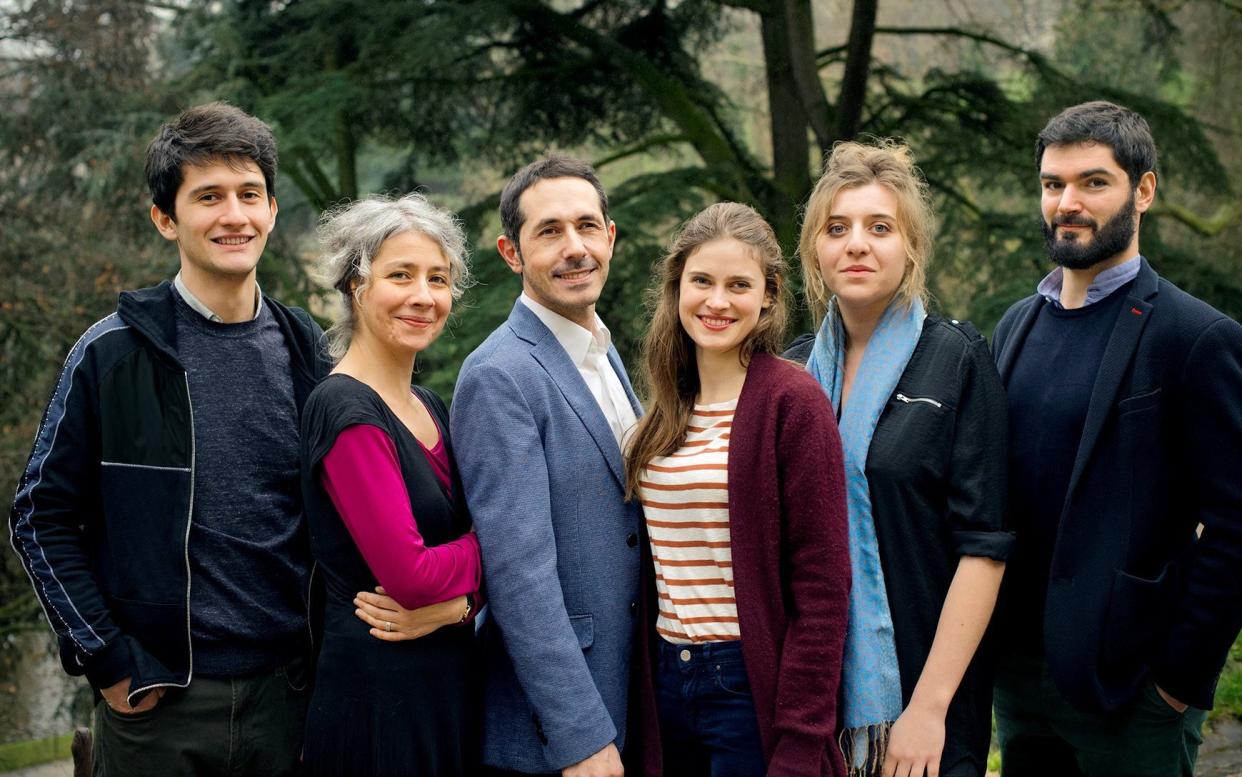Les Ombres, Une Nuit à Madrid review: take a trip to 18th-century Spain

The Italian late-18th-century composer Luigi Boccherini is known to millions for one charming minuet and one cello concerto, but in fact left behind a huge body of concertos, symphonies, sacred music and chamber music. We hear only a tiny fraction of his output, on rare occasions, perhaps because it’s hard to grasp stylistically. Often Boccherini comes close to his near-contemporary Mozart, but just as often he veers away from Mozart’s perfectly balanced classical style, in unpredictable ways.
Like his compatriot Domenico Scarlatti, Boccherini accepted an invitation to join the musical retinue in a grand Spanish household, and the experience changed him for life. Many of the hundreds of pieces he wrote in Spain show a strong influence of Spanish folk music – which is surprising as according to one report he didn’t have much of a taste for it. He told an English visitor that Spanish guitars “would make the ears of a true musician bleed. They are worse than a convulsive hiccup, or the last rattle in the throat of a dying villain.”
But this was probably just Boccherini’s frustration at being cooped up for years on end in a backwater near Avila, where his employer the Spanish Infante (the heir to the throne) had been banished for a misdemeanour. The most famous of his “Spanish” pieces is a quintet called “Musica notturna delle strade di Madrid” – Night Music of Madrid streets – so you’d expect to find it on this new CD, which is named “A Night in Madrid”. Surprisingly it’s not there, perhaps because the young French group Les Ombres wanted to win their spurs by exploring Boccherini’s unknown pieces. Frankly it seems a perverse omission, and the record company Mirare really should have leaned on them to include it.
Still, the five quintets on the disc do include some delightful things, even if the Spanish flavour is a lot less strong than in Scarlatti’s extraordinary harpsichord sonatas, written half a century earlier. Three of the quintets include a flute alongside the string quartet, and Boccherini uses it in subtle and unusual ways, as a dash of colour rather than a dominating solo instrument. The other two quintets substitute guitar for flute, which persuades us the music sounds Spanish even when the sharp tangy flavour actually comes from Boccherini’s quirky imagination. The harmonies often move in surprising ways, and Boccherini has a way of insisting on his surprises by repeating them. This disrupts the procession of neat balanced phrases which – given the music’s overall Rococo elegance – is what we’re expecting to hear.
The players of Les Ombres show an acute sensitivity to this blend of elegance and eccentricity, and in the startlingly impassioned fifth quintet they seize on the music’s invitation to display some improvisatory freedom. They’ve cannily placed the most sharply Spanish-flavoured Quintet last so the CD ends with a Fandango, complete with castanets. It makes a rousing end to a CD which is never less than charming, and sometimes more than that.
Une Nuit à Madrid is out now on the Mirare label

